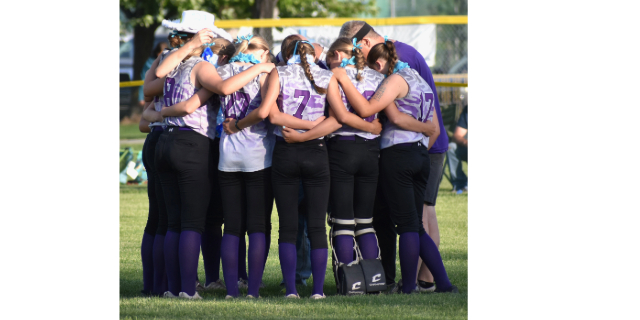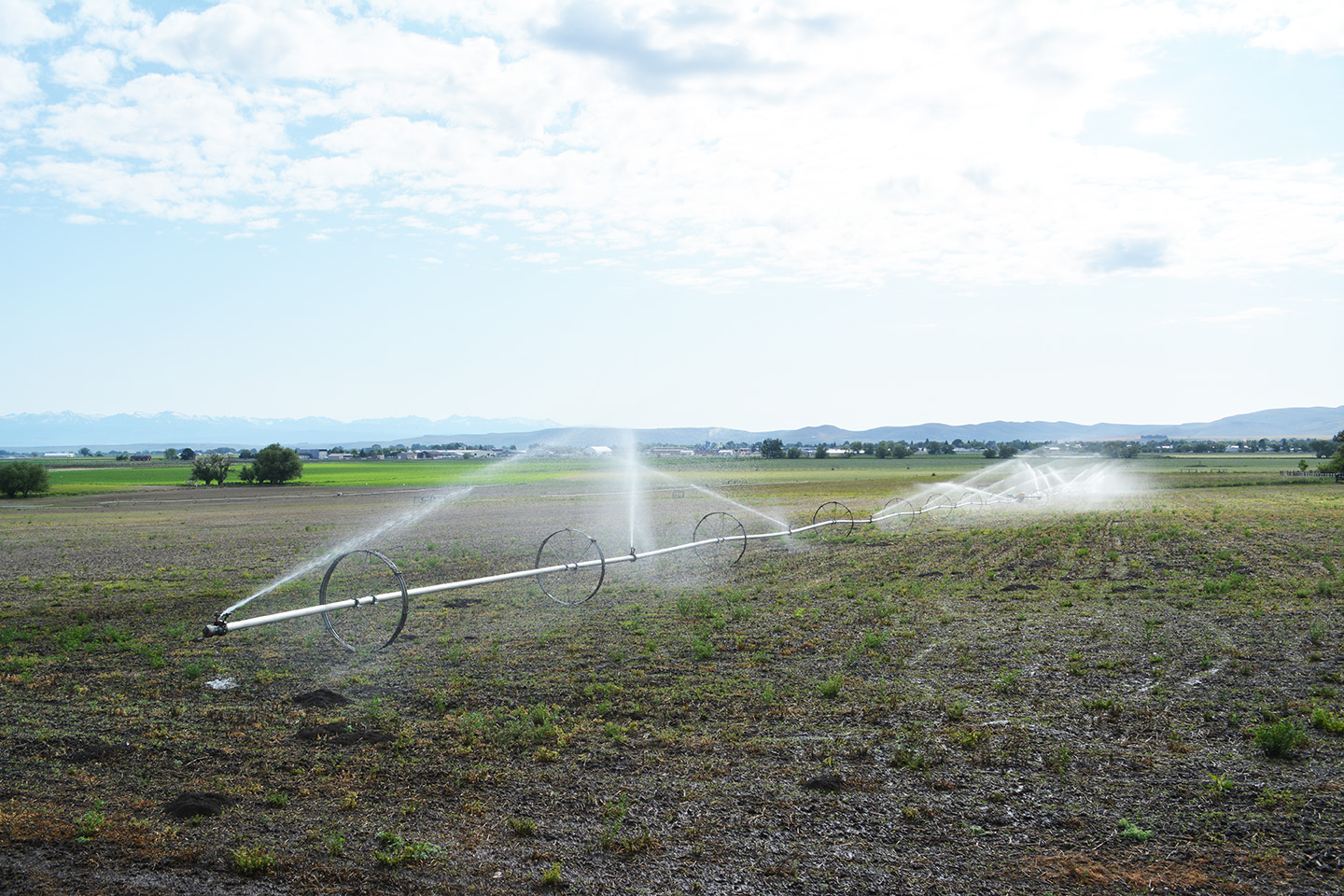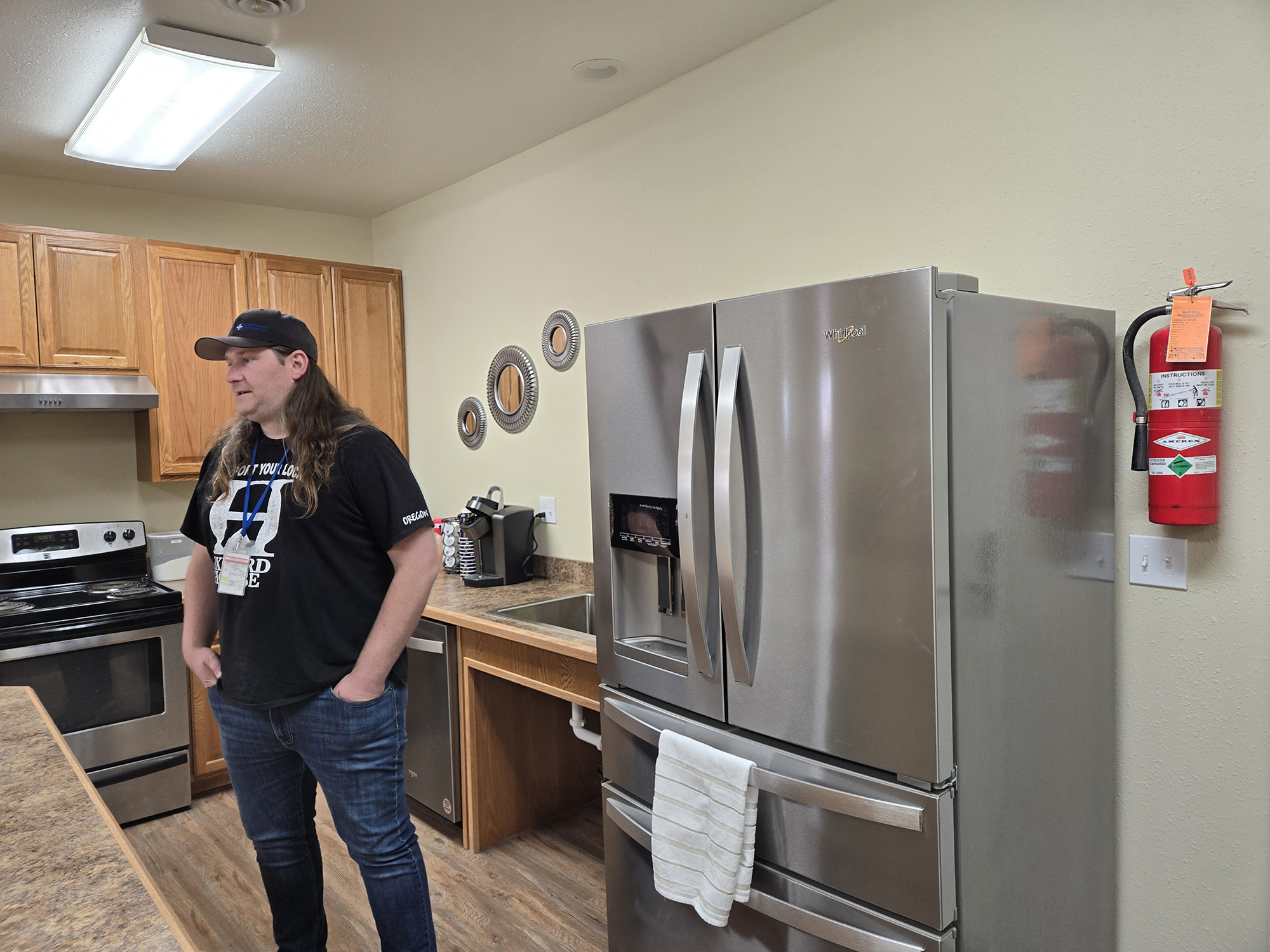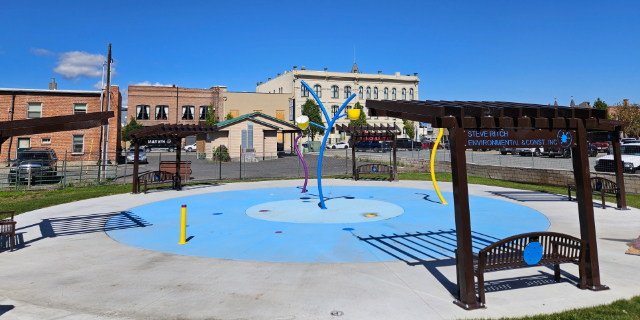Haines mayor feels mired in virus debate
Published 9:15 am Thursday, July 9, 2020
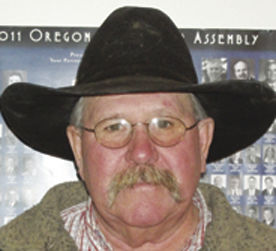
- Haines Mayor Jim Brown
HAINES — Mayor Jim Brown is sitting inside a quiet and nearly empty Haines City Hall, but he feels as if he’s stuck in the middle of the intense national debate spawned by the coronavirus pandemic.
“This thing is just tearing people apart,” said Brown, the elected mayor of the town of about 415 residents in the Baker Valley 10 miles north of Baker City. “What bothers me is how split this community has become over this.”
What Brown means by “this” is not just the pandemic itself.
More specifically he means how the virus affected Haines’ signature annual festival, its Fourth of July parade and related events.
The city canceled those events because its liability insurance policy through CIS Oregon does not cover Haines for any issues related to a communicable disease.
The exclusion clause in the city’s policy specifically lists “any pathogen, virus, bacteria, parasite, or other microorganism.”
Yet Brown said that even while he was answering phone calls and having conversations with constituents upset because the holiday events were canceled, he was also defending the city from a charge he said has no basis in fact — that Haines endangered residents by “allowing” the Haines Stampede rodeo and a fireworks show to happen during the Independence Day weekend.
That’s an unfounded criticism, Brown said, because the rodeo grounds are outside the city limits, and on private property besides.
“We can’t stop them from doing what they want to do,” he said. “It’s completely out of our control.”
Brown said city officials strived to explain the situation to citizens.
Valerie Russell, Haines city recorder, said she included a statement to that effect with residents’ utility bills. The one-page statement reads, in part, “The City has no control over any events that take place outside the City limits.”
A copy of the document is also posted on the front door of City Hall (which is closed, except by appointment).
The statement also addresses the question of why the annual Fourth of July parade, arts in the park and barbecue did not take place.
“The City is unable to host any events within the City limits due to the current restrictions,” the statement reads. “The City has no control over the restrictions.”
Events inside Haines
Brown, who has lived most of his life in the town, said he shared his neighbors’ disappointment in the cancellation of the Fourth of July parade and other events.
“The Fourth of July is my favorite holiday of the whole year,” Brown said. “There are not many people more patriotic than myself.”
He said the city has always been an enthusiastic supporter of Independence Day events, and would have been again in 2020 but for the pandemic.
“It’s our big celebration,” Russell said.
Brown said he did not enjoy having to tell someone who wanted to sing the national anthem on city property that that wouldn’t be possible.
Nor did he like to turn down the Haines Stampede Rodeo Association’s request to use Union Pacific Railroad property, which the city leases, for overflow parking for the rodeo.
But Brown insists the city had no choice because to officially authorize events would be to risk leaving the city without liability protection in the event of a lawsuit.
He said one resident told him that a group planned a “protest parade” on the Fourth of July to express their anger about the official, city-sanctioned event being canceled.
Brown said he told the person that the city couldn’t prevent people from staging such a protest.
“They did in fact have a protest parade, and there were no problems at all,” Brown said.
“That’s the reason we live in America, so people can have these opinions and voice them,” he said. “That’s why it’s the best country in the world.”
City blamed for rodeo
Brown slides across a table three letters the city received, two typewritten and one handwritten, none of which includes the author’s name.
Each letter chastises the city for allegedly allowing the Haines Stampede to take place.
One typewritten letter is from “a concerned citizen” who criticizes the city for “letting GREED overcome your CONCERN for PEOPLES LIVES.”
The letter also suggests that allowing large gatherings, which could facilitate the spread of the virus, is tantamount to murder.
Brown said the letters, and phone calls he’s received from residents who also were upset about the rodeo happening, bother him largely because the city has no authority over events at the rodeo grounds.
He said he’s “a little disappointed” that rodeo organizers didn’t, in his view, make it clear that their decision to put on the event had nothing to do with the city.
Ken Bain, who’s president of the Rodeo Association as well as a Haines city councilor, said the Association “would have gladly” tried to publicize that the city has no authority over the rodeo had the city made such a request.
Bain said that has never been an issue in the past.
He said he can empathize with Brown’s frustration about misunderstandings about the relationship, or lack thereof, between the city and the rodeo.
Bain said he talked with people who blamed the Rodeo Association for the cancellation of the parade and other events inside the city limits, even though the Association has no authority over those events.
Bain said he believes the confusion was beneficial in one sense, because more people now understand which organization oversees which events during the Fourth of July.
A city divided
Brown said he’s saddened by the vitriol that the pandemic has spurred among his constituents.
“We’ve always been a real tight-knit community,” he said. “People have always stepped up to help their neighbors.”
Brown said that although political issues over the years have caused rancor among Haines residents — something he knows happens in almost every community occasionally — he hasn’t been involved in a situation that has been as divisive as the pandemic, and in particular its effects on the Fourth of July weekend.
“It seems to me about a 50-50 split, wouldn’t you say so, Valerie?” he says to Russell.
“Probably so,” she answers.
Bain agrees with Brown that there are different viewpoints among Haines residents, with some people upset about the city canceling the parade and other events, and others who disagreed with the Rodeo Association’s decision to have the rodeo and associated events despite the potential risk of spreading COVID-19.
The Herald covered the rodeo on Saturday and photographs show spectators, most of whom were not wearing masks, in some cases sitting closer than 6 feet apart.
A sign posted at the entrance to the rodeo grounds reads: “Stay home if you are sick. Practice social distancing by putting space between yourselves and others. Wash your hands. Avoid touching your face.”
The sign also included a link to the Centers for Disease Control and Prevention COVID-19 website — cdc.gov/covid19
The Rodeo Association also had posts on its Facebook page urging spectators to watch the rodeo remotely, as the event was televised by the Blue Mountain Translator District.
Bain said the vast majority of the people he’s talked with, including many Haines residents, were “happy and excited” that the rodeo happened during a summer when most major events in Baker County have been canceled.
Brown concedes that his personal feelings about the pandemic, as distinct from his position as mayor, are somewhat ambivalent.
During an interview Tuesday morning at Haines City Hall he wore a “Trump 2020” cap. Brown also wore a face mask emblazoned with white silhouettes of bull elk.
Brown said he feels that Oregon officials have failed to adequately support Eastern Oregon cities during the pandemic.
“I do not trust our state government,” he said.
And although Brown laments that restrictions related to the pandemic forced Haines to cancel one of its beloved community events, he does not dismiss the dangers the virus poses in a town whose residents have an average age of 57.2 years and where about 33% of adult residents are older than 65, according to the U.S. Census Bureau.
“COVID-19 is a serious, serious disease,” Brown said. “I am sure there are some concerns here.”
Brown said he’s optimistic that the unprecedented effects of the pandemic during 2020 will not linger in 2021 and beyond, and that the traditional cooperation between the city and the Rodeo Association will resume.
“The city supports the rodeo,” he said. “We’ve always worked really good together up until this year, when we really couldn’t work together. It’s always been a good relationship and I hate to see it go away. This isn’t going to last forever.”


